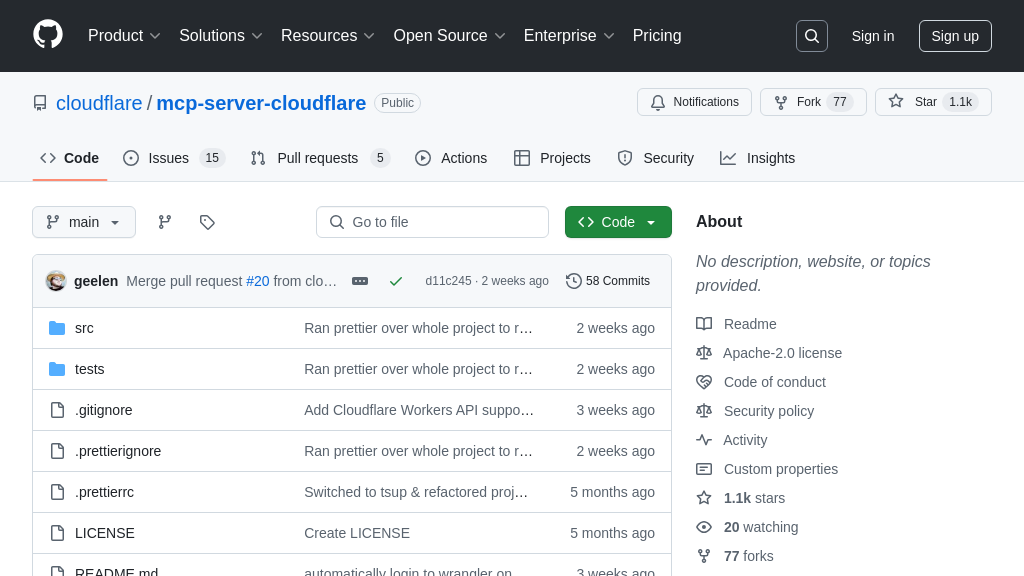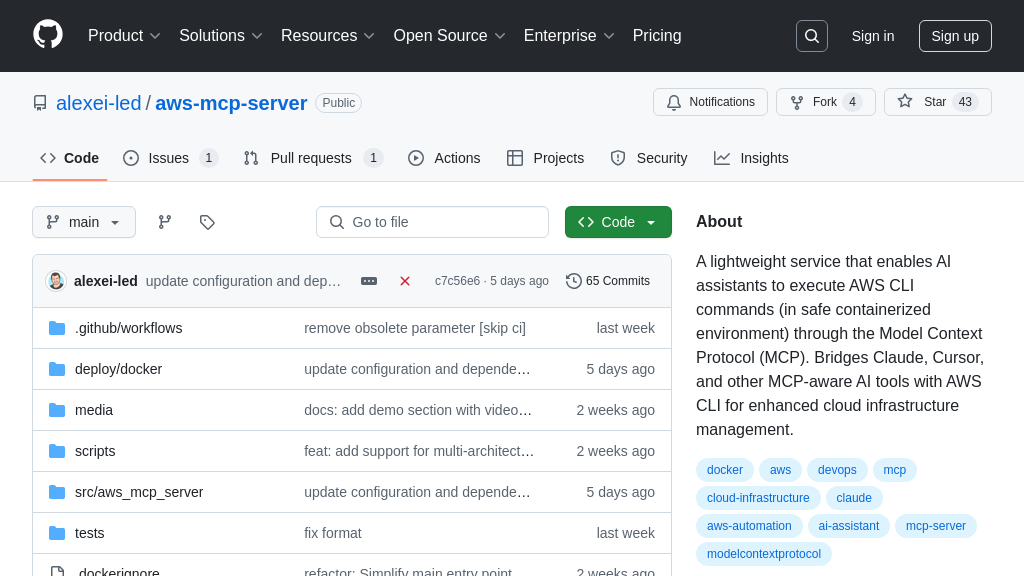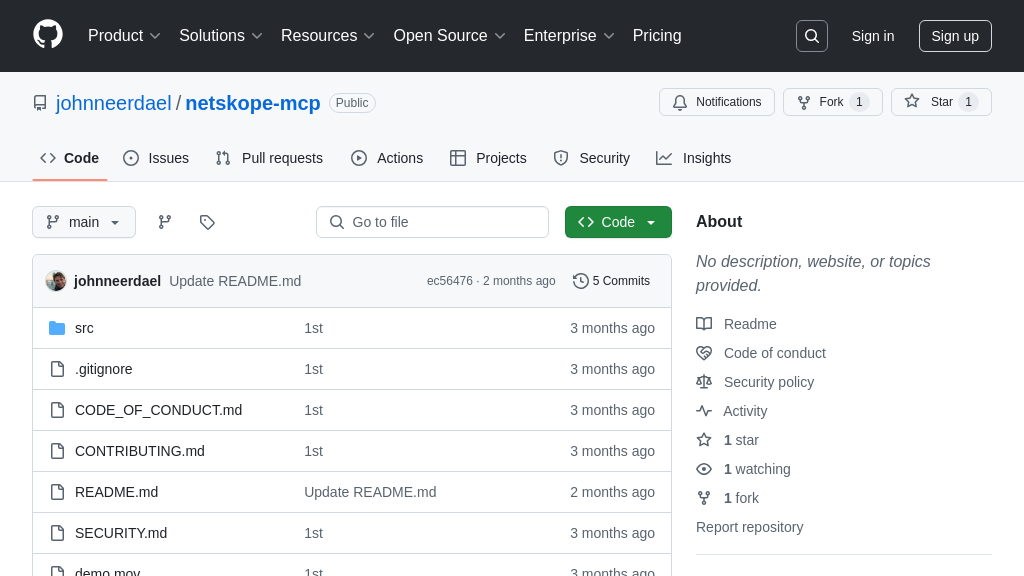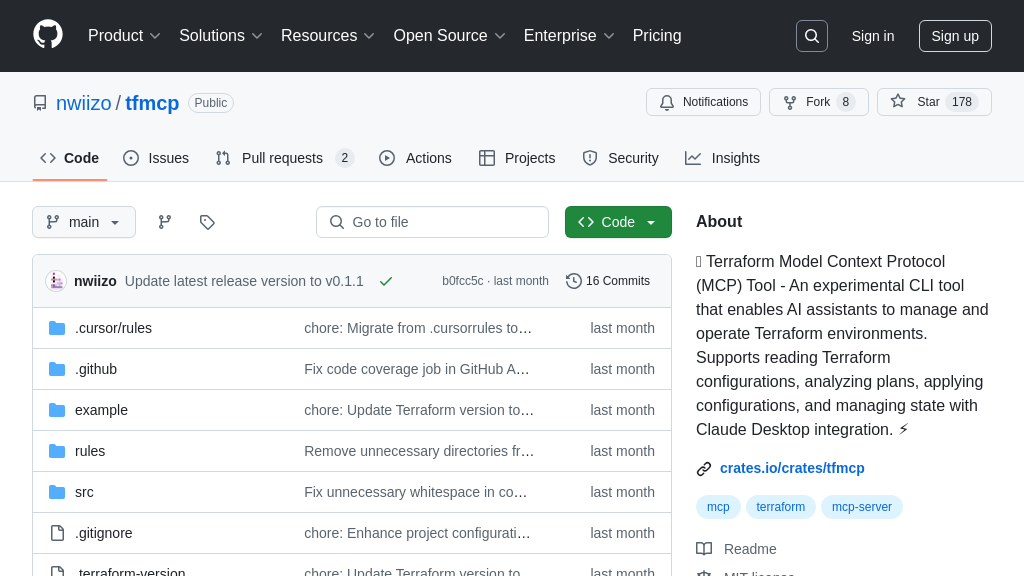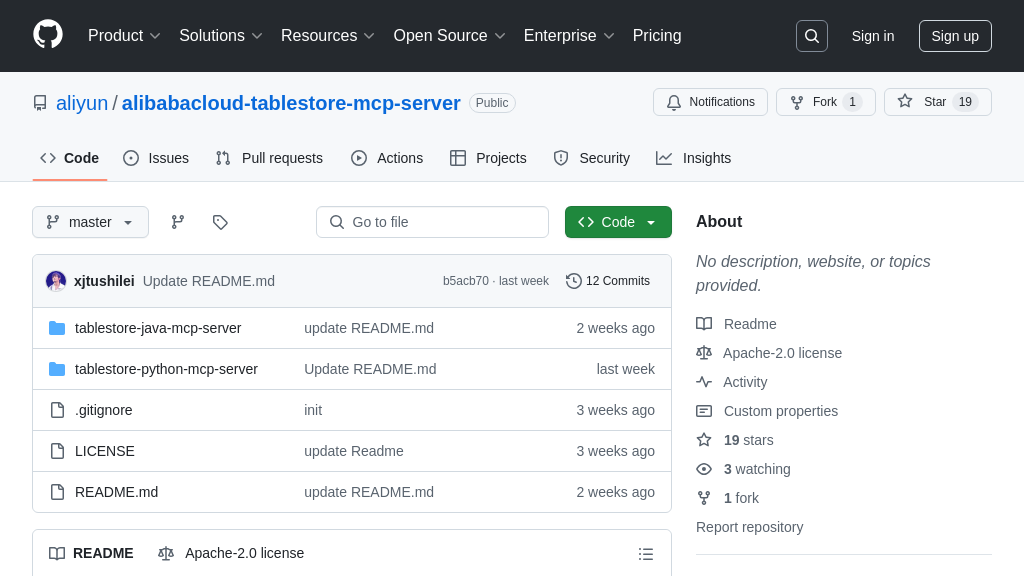mongodb-lens
MongoDB Lens: An MCP server enabling natural language interaction with MongoDB for AI-powered querying, aggregation, and optimization.
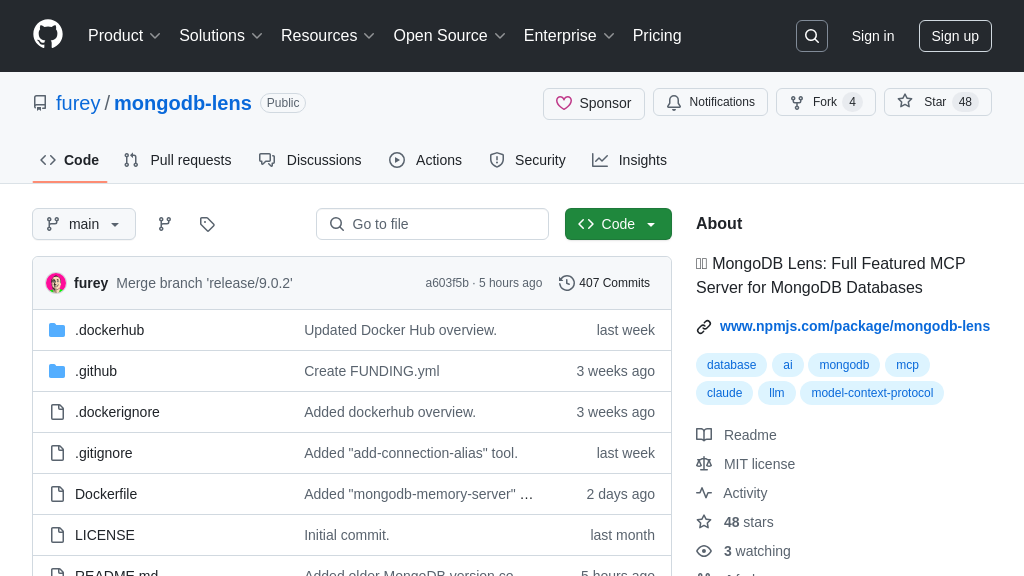
mongodb-lens Solution Overview
MongoDB Lens is a local Model Context Protocol (MCP) server designed to provide comprehensive access to MongoDB databases using natural language via LLMs. As a valuable tool within the MCP ecosystem, it empowers developers to effortlessly query, aggregate data, and optimize database performance.
This solution offers a rich set of tools and resources, enabling users to add connection aliases, analyze query patterns, infer schemas, and perform bulk operations. It seamlessly integrates with AI models, allowing developers to explore their MongoDB data using natural language queries. By simplifying database interactions and providing intelligent insights, MongoDB Lens enhances AI model functionality and streamlines the development process. It supports various installation methods, including NPX and Docker, ensuring accessibility for diverse development environments.
mongodb-lens Key Capabilities
Natural Language MongoDB Access
MongoDB Lens empowers AI models to interact with MongoDB databases using natural language. It translates natural language queries into MongoDB commands, enabling users to perform tasks like querying data, running aggregations, and optimizing performance without writing complex code. This simplifies database interactions for developers and data scientists, allowing them to focus on data analysis and insights rather than the intricacies of MongoDB syntax. For example, a user can ask "What are the top 10 most expensive movies?" and MongoDB Lens will translate this into the appropriate MongoDB query to retrieve the data.
Comprehensive Tooling and Resources
MongoDB Lens provides a rich set of tools and resources for managing and interacting with MongoDB databases. These include tools for adding connection aliases, executing aggregation pipelines, analyzing query patterns, and creating indexes. Resources provide access to collection indexes, schema information, performance statistics, and database users. This comprehensive suite enables AI models to perform a wide range of database operations, from basic data retrieval to advanced performance tuning. This allows AI models to not only query data, but also understand the structure and performance of the database.
Enhanced Data Protection Mechanisms
MongoDB Lens incorporates several data protection mechanisms to prevent accidental data loss or unauthorized access. These include a confirmation system for destructive operations, options to disable specific tools, and the ability to connect using read-only user accounts. These features ensure that AI models interact with the database in a safe and controlled manner, minimizing the risk of unintended consequences. For example, dropping a collection requires a confirmation token, preventing accidental data deletion. This is crucial for maintaining data integrity in AI-driven database interactions.
Configuration Flexibility and Customization
MongoDB Lens offers extensive configuration options, allowing users to tailor its behavior to their specific needs. It supports configuration via JSON files, environment variables, and command-line arguments. Users can configure multiple MongoDB connections, disable specific tools, and customize query limits. This flexibility enables seamless integration with various environments and workflows. For example, users can define aliases for different MongoDB instances (development, staging, production) and switch between them using natural language commands.
Integration with MCP Ecosystem
MongoDB Lens seamlessly integrates with the Model Context Protocol (MCP) ecosystem, functioning as a local MCP server. This allows it to connect with various MCP-compatible clients, such as Claude Desktop and MCP Inspector. This integration enables AI models to leverage MongoDB Lens's capabilities through a standardized protocol, facilitating interoperability and simplifying the development of AI-powered database applications. This allows developers to easily incorporate MongoDB Lens into their existing AI workflows.

